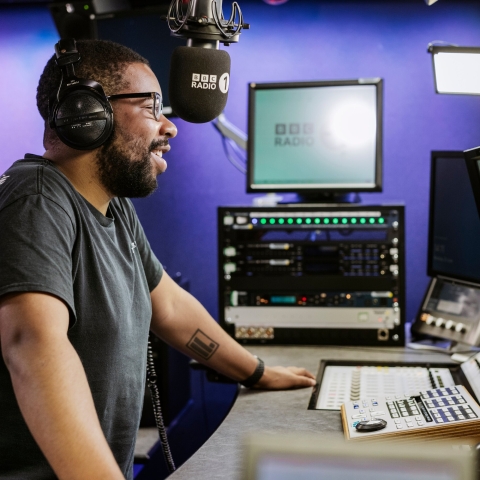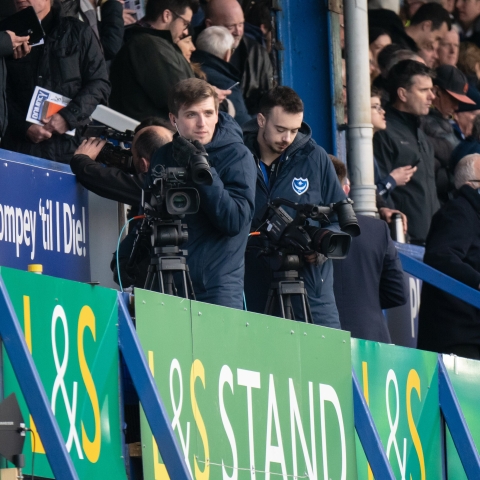
This career guide is designed to help University of Portsmouth students and recent graduates explore job options, key employers, and entry routes into the television and radio sectors.
Working in television and radio is an exciting and attractive option for many despite the long hours, ongoing pressure and initial difficulty in breaking into the industry. Work can be varied, including presenting, writing, directing and producing.
The advancement in digital technology has increased options for those looking to work within television and radio. An increase in digital and satellite channels as well as online content and streaming means that the television and radio industry offers exciting opportunities. Add to this over 1500 independent production companies in the UK with roles on both sides of the camera or microphone; however, you will need to have the determination, passion and relevant experience and skills to succeed.
Explore the Television and Radio Career Guide
Getting started in television and radio
Take the first steps to beginning your career in television and radio.

Gaining experience in television and radio
Find out how to build your experience in television and radio while you study.

Finding a job in television and radio
Explore different ways you can find employment in television and radio after you graduate.

Enable University alerts
Turn on notifications for critical updates like closures, safety alerts, and urgent service disruptions.






